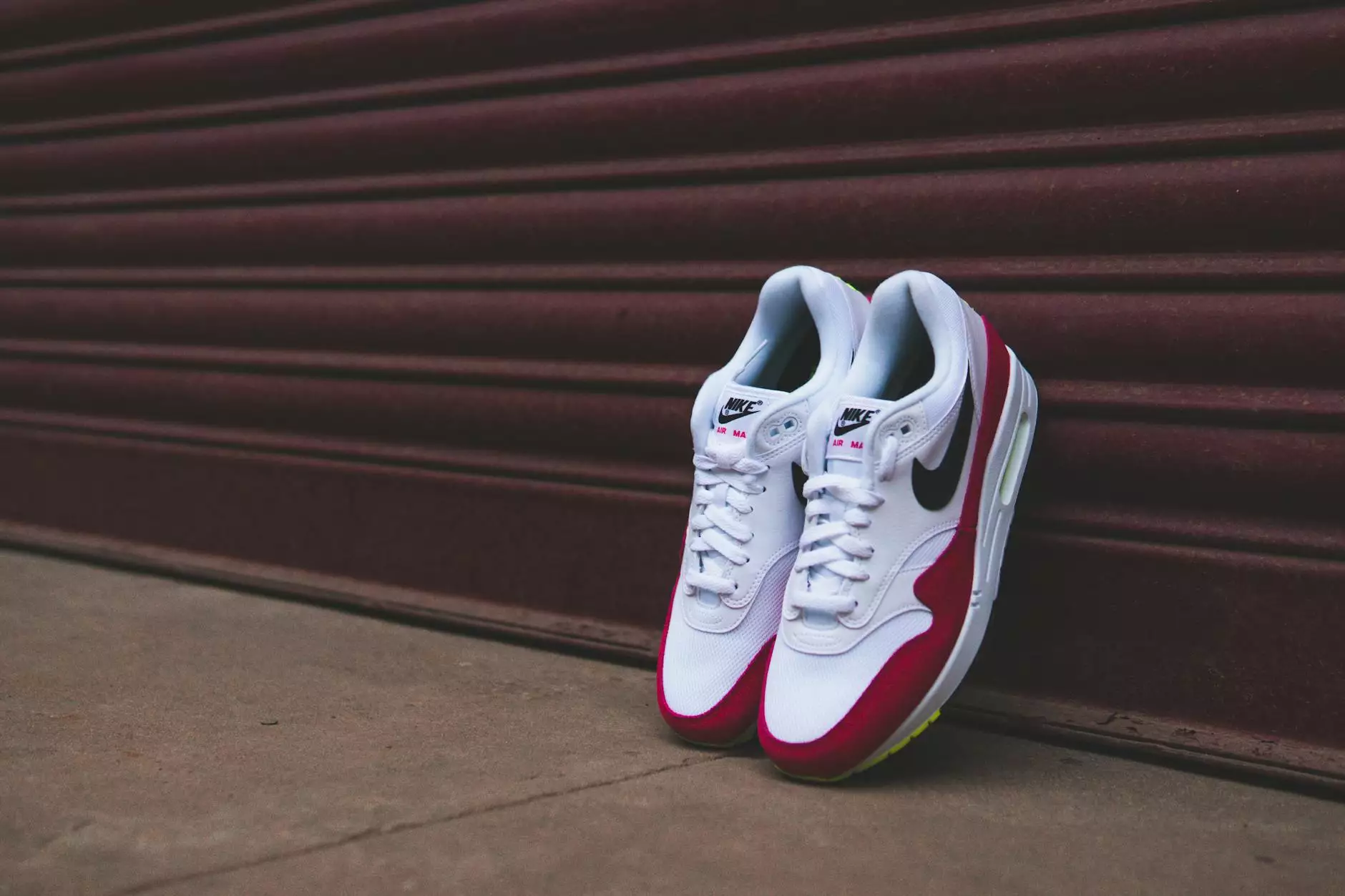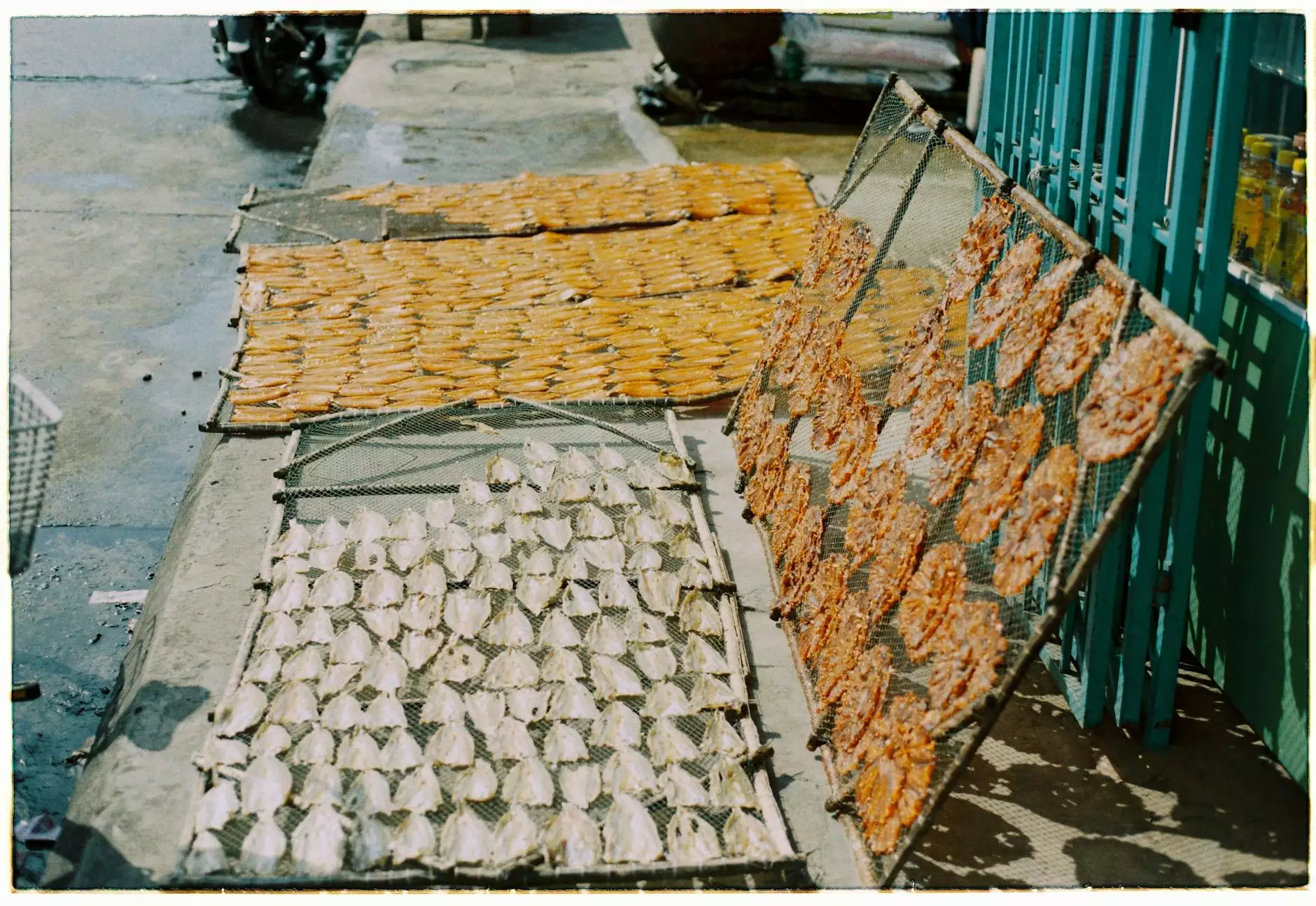The Ultimate Guide to the Best Shirt Material for Custom T-Shirt Printing
When it comes to custom T-shirt printing in Australia, one of the most crucial aspects to consider is the material of the shirt. The best shirt material not only influences the print quality but also impacts the garment's wearability, durability, and overall appeal. With a multitude of options available, choosing the right fabric can be daunting. In this comprehensive guide, we will explore various shirt materials, their benefits, and how they can affect your custom printing projects.
Understanding the Importance of Shirt Material
The right fabric can make or break your custom T-shirt design. Factors such as texture, breathability, weight, and color can enhance or detract from the final product. Additionally, different materials react differently during the printing process, which can affect the longevity and clarity of the print. Here, we will delve into some of the most popular shirt materials and help you make an informed choice for your custom T-shirt printing needs.
1. Cotton: The Timeless Choice
Cotton is arguably the most popular choice for T-shirt manufacturing worldwide. Its natural fibers provide a soft and breathable feel, making it ideal for all seasons. Here are some reasons why cotton is often considered one of the best shirt materials:
- Comfort: Cotton is known for its softness and comfort against the skin, which is crucial for T-shirts worn throughout the day.
- Breathability: The inherent properties of cotton allow for excellent air circulation, keeping the wearer cool in warm conditions.
- Versatility: Cotton can be easily dyed and printed on, making it an excellent choice for vibrant designs.
- Durability: When treated properly, cotton T-shirts can withstand multiple washes without losing their shape or softness.
2. Polyester: The Performance Fabric
Polyester is another commonly used fabric in the T-shirt printing industry. Known for its moisture-wicking properties, polyester is particularly favored for activewear. Here are some advantages of using polyester:
- Durability: Polyester fibers are strong and resistant to shrinking and stretching, ensuring that the shirt maintains its shape over time.
- Quick-drying: This fabric dries rapidly, making it an excellent choice for athletic or outdoor activities.
- Pill Resistance: Polyester is less prone to pilling, which helps retain its smooth appearance over time.
- Easier Care: Polyester is generally less prone to wrinkling, allowing for easy maintenance and care.
3. Cotton-Polyester Blends: The Best of Both Worlds
Combining cotton and polyester gives rise to cotton-polyester blends, which harness the benefits of both materials. These blends are becoming increasingly popular for custom T-shirt printing due to their balanced qualities:
- Comfort and Durability: The addition of polyester to cotton enhances the fabric's durability while retaining the softness and breathability of cotton.
- Resistant to Wrinkling: The polyester in the blend reduces the tendency to wrinkle, making the shirt look better for longer.
- Cost-effective: Cotton-polyester blends are often more affordable than 100% cotton shirts, making them a budget-friendly option for bulk printing.
4. Tri-Blends: A Unique Blend of Materials
Tri-blend fabrics typically consist of three types of materials: cotton, polyester, and rayon. This combination results in a unique texture and feel that many wearers find appealing. Here’s why tri-blends are highly regarded in the custom T-shirt printing space:
- Exceptional Softness: The rayon component adds a luxurious feel, making tri-blend shirts some of the softest options available.
- Enhanced Fit: Tri-blends tend to have a more fitted and flattering silhouette, which is ideal for a modern, stylish look.
- Unique Aesthetic: The blend of materials gives tri-blend shirts a distinct drape and appearance, making prints look more vibrant and dynamic.
Key Considerations for Choosing the Best Shirt Material
While understanding the various materials is essential, several factors should guide your decision-making process when selecting the best shirt material for custom T-shirt printing. Let’s explore these considerations:
1. Intended Use
Consider the purpose of your T-shirt. Is it for casual wear, athletic activities, or promotional events? This will heavily influence your choice of material. For example, if you're designing shirts for a charity run, moisture-wicking polyester may be ideal. For everyday wear, soft cotton could be the superior choice.
2. Printing Method
The method of printing you choose, whether it’s screen printing, direct-to-garment (DTG), or heat transfer, can impact the material you opt for. Certain fabrics, like smooth cotton or tri-blends, may yield better results for DTG printing, while thicker cotton may be suited for screen printing.
3. Budget Constraints
Pricing can vary significantly between different materials. While 100% cotton may be considered premium and thus more expensive, blends or polyester varieties could provide more cost-effective options, especially for large orders. Assess your budget before making a decision.
4. Durability and Care
How often will the T-shirt be worn and washed? If the shirt is intended for regular use, opting for more durable materials like polyester or cotton-polyester blends will ensure longevity and maintain appearance over time. Additionally, consider the care instructions associated with each fabric to avoid potential issues post-purchase.
Popular Shirt Materials for Custom T-Shirt Printing
Now that we’ve covered the most common types of shirt materials, let’s take a closer look at some specific fabrics that are particularly popular for custom T-shirt printing:
1. Ringspun Cotton
Ringspun cotton is a higher-quality cotton that has been twisted and thinned. The result is an exceptionally soft, smooth fabric that feels luxurious against the skin. Ringspun cotton is an excellent choice if you're looking for premium-quality shirts that provide comfort and durability.
2. Organic Cotton
Organic cotton is made from cotton that is grown without the use of synthetic fertilizers or pesticides. If sustainability is a key selling point for your brand, organic cotton T-shirts can be a great way to appeal to environmentally conscious consumers.
3. Moisture-Wicking Fabrics
For sports or fitness-related shirts, consider moisture-wicking fabrics, such as 100% polyester or specialized blends. These fabrics pull moisture away from the body and dry quickly, providing the ultimate comfort during intense activities.
4. Eco-Friendly Fabrics
With an increasing focus on sustainability, fabrics made from bamboo, hemp, or recycled materials are gaining popularity. Such eco-friendly fabrics are not only comfortable but also help reduce environmental impact.
Conclusion: Finding Your Perfect Match
In the world of custom T-shirt printing in Australia, selecting the best shirt material can significantly affect your overall success and customer satisfaction. By understanding the different fabric options available and considering factors such as intended use, budget, and durability, you can choose the perfect material for your needs. Whether you opt for the softness of cotton, the durability of polyester, or the unique qualities of tri-blends, your choice will influence the appeal and functionality of your custom T-shirts.
At Custom T-Shirt Shop, we pride ourselves on offering a wide range of high-quality shirt materials for all your custom printing needs. By understanding your requirements, we can help you create the perfect shirt that not only looks great but also feels fantastic. Don’t hesitate to reach out and let us guide you through the process to ensure your next custom T-shirt project is a roaring success!








